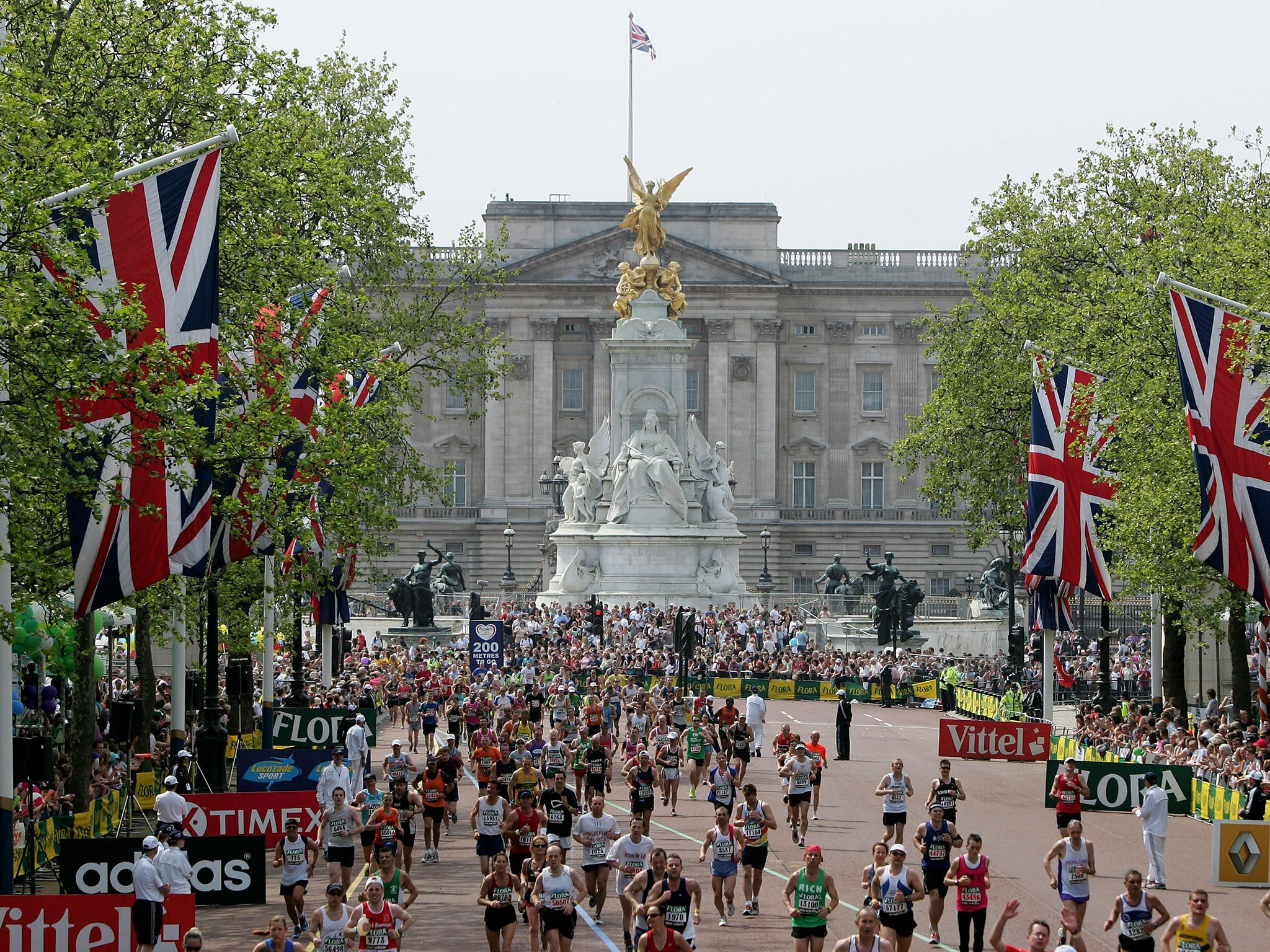London council at centre of CCTV row claims presence of cameras could attract terrorists seeking publicity
EXCLUSIVE: Tory-controlled Westminster Council says ‘perpetrators may actually seek the publicity afforded by camera coverage and are certainly not deterred by its presence’

The presence of CCTV cameras may encourage terrorists to attack London because they "generate publicity", a council in the capital has claimed.
Westminister Council made the suggestion in defence of its move to scrap its entire CCTV crime network.
The Conservative-controlled borough plans to scrap its crime and disorder cameras to save money after seeing its funding from central Government slashed by nearly £100m, but insists counter-terrorism operations will not be adversely affected.
In a report to the council’s cabinet members, civil servants claimed they had been advised by “partners” that terrorists were undeterred by the presence of CCTV cameras and could even encourage them to strike major London landmarks because of the extra publicity it would generate.
The report, which will be voted on by the cabinet on Monday, said: “The council has engaged with senior figures working in counter-terrorism from the Metropolitan Police and other authorities.
“Discussions with partners have indicated that CCTV is highly unlikely to prevent a major terrorist atrocity similar to that seen in the Paris attacks where perpetrators may actually seek the publicity afforded by camera coverage and are certainly not deterred by its presence.”
A spokesman for Westminster Council said it had consulted with the “usual people you would expect us to talk to” including “various departments within the Metropolitan Police and the Home Office” but declined to give specific details.
He said: “We have been speaking to the police, Government, including the security services, over a number of years about the issues so they have been fully informed.
“Whilst anti-terrorism work is the responsibility of the Metropolitan Police and the security services, regardless of any decision by Westminster Council, there will still be a very large number of CCTV cameras operational in central London that will remain available to the police for their use.”
But Joshua Stewart, the strategic communications director at counter-extremisim think tank Quilliam Foundation, told The Independent that thinking CCTV cameras encourage terrorism was “absurd”.
He said: “What I think they are confusing is the absolute strategic imperative of any terrorist organisation is to make headlines, to scare people and hijack news streams with such violent imagery that tabloids can’t resist.
“But to think that the route they are using [to achieve] this is the cameras is madness.
“What they are actually relying on every single time is the mainstream media. So, yes, they may take a segment from a CCTV camera, as happened in Paris, but it’s the fact that our own media circulates it so viscerally sometimes that is the problem, not the CCTV cameras.”
He explained that terrorists have attacked places with no surveillance in the past and the lack of cameras suit them if they are planning a “commando-style attack” – typically where attackers open fire in public places rather than detonate explosives.
He believes that while the presence of the cameras “doesn’t even enter into a terrorist’s head” most of the time, CCTV remains a vital part of detecting and preventing terror attacks.

He explained that many terrorists will carry out “hostile reconnaissance” of a target in the months before the attack – where they monitor the area, look at potential security weak spots and identify places to escape.
“This can be done over a month and you can pick up on people and suspicious behaviour.
“You can get a huge amount of stuff so the idea of taking it away is one you will use a massive operational asset that keeps people safe. This isn’t about 1984 and surveillance; this is about stopping horrendous things from happening,” he added.
Renate Samson, the chief executive of privacy charity Big Brother Watch, stressed that the council’s cameras were only a fraction of the coverage across the borough, which encompasses major tourist attractions such as Parliament, the West End and Buckingham Palace.
She said: “Councils dropping CCTV cameras doesn’t mean that the streets are suddenly going to be free of the technology. Privately owned CCTV, police CCTV, CCTV on public transport – all of that is completely separate to Westminster Council.
“Most of the systems which are being taken are not very effective anyway. So many of these cameras are either pointing in the wrong direction or old or the resolution on the picture is so poor that they are a waste of money.”
In the report, Westminster Council said scrapping the system will save it millions of pounds but admitted the move – which will come into force in September – would result in hundreds of crimes going unprosecuted.
The council said the main beneficiary of its network was the London Metropolitan Police who do not contribute financially to it and the “operational benefit to the council is limited”.
A spokeswoman for the Metropolitan Police said “[Westminster Council] does not suggest that CCTV encourages terrorist attacks like Paris but is making the point that it wouldn't necessarily be a deterrent because terrorists seek publicity in order to create terror.
She reiterated Scotland Yard’s official position that “CCTV is one of the many important tools used to tackle crime”.
A spokeswoman for the Home Office declined to comment on the specific comments and referred The Independent to earlier comments made by the Department of Communities and Local Government which suggested the council should look at the services their constituents want them to deliver when considering cost cutting measures.
She said the Government continued to support “the use of overt surveillance cameras in public, wherever such use is for legitimate purpose, proportionate, and transparent” as they are a “valuable source of intelligence” when it comes to “both the prevention and detection of crime”.
Bookmark popover
Removed from bookmarks